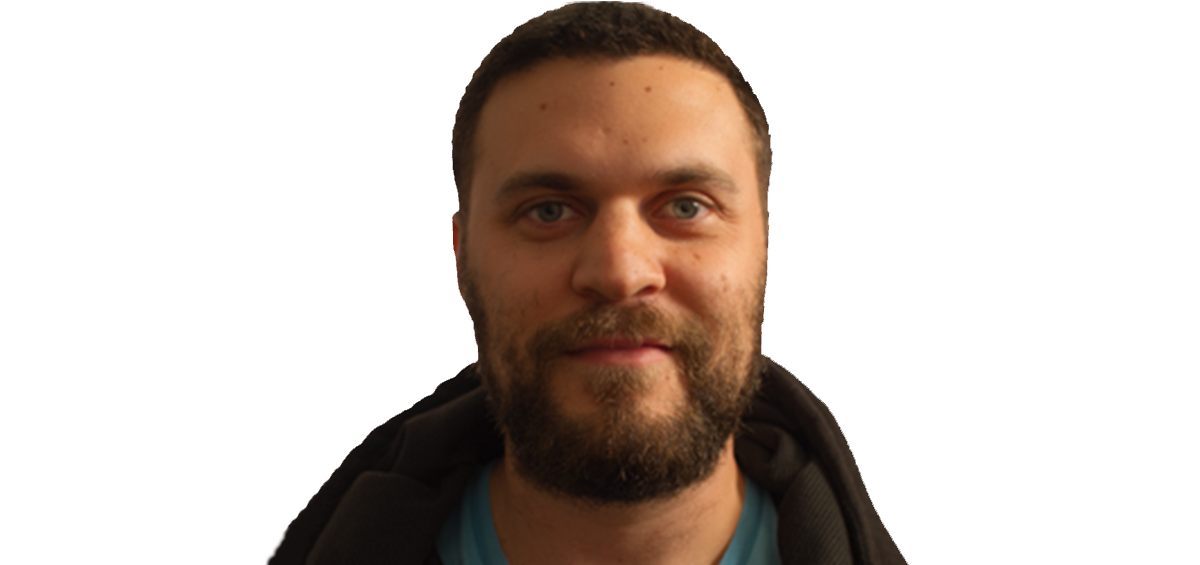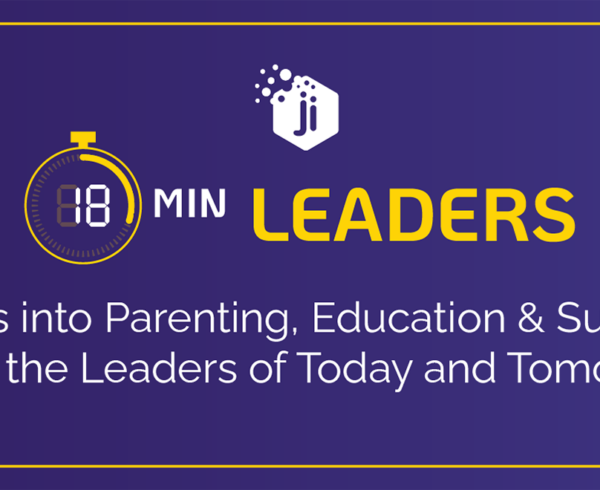The air is filled with a dozen languages and the sweet smells of traditional cooking. My legs defy me as I race down the cobblestone street to beat the morning rush. Is this collection of stones a street? It was originally designed for horses and carts, and only the bravest drivers zoom down it (at speeds rivaling the autobahn.)
Past the ancient ruins and the security check, I make it to my destination: Machane Yehuda Shuk in the heart of Jerusalem. Sitting down at a coffee shop, I order a drink and open my laptop to begin work.
The first time I did this, I felt like I was invading another planet, bringing my futuristic technology to the oldest place in the world. I could not have been more wrong.
In Israel- everything is extreme and encompasses both ends of the spectrum. Whatever exists on one side, you can be sure exists in the exact opposite. So while there are some incredibly old archeological artifacts, there are incredibly new technological innovations. In fact, not just new, but on the cutting-edge, ahead of the game.
Over the years here, I’ve gotten to know a surfer in Ashkelon who studies nuclear engineering, prayed next to a pleasant and humble man who, it turns out after all that time, makes his living in quantum computing research, helped move a couch for a lead programmer of a dedicated team at Intel, and seen a couple friends of mine launch startups (both successful and not-yet).
Besides individual accomplishments by my peers, I’m protected daily by the military advantage of Israel, which is in turn highly dependent on Israel’s technological prowess. The medicinal discoveries grace the front pages of international journals and predict a healthier future. Education and communication are enhanced daily by new apps and interactive devices.
Every now and then, I ask myself, “why Israel?” “What is it about Israel that lends itself to such exceptional accomplishments for such a small country?” I can’t claim to have the answer in full, but I do have a few ideas which I think form part of the picture.
First of all, there is our traditional Torah learning. Throughout Jewish History, we have dedicated our lives toward understanding the theological, applying divine law to practical application through rigorous logic and mental gymnastics. The language of “if this theoretical construct is set to that, then that theoretical outcome would be this” is as comfortable for a Rabbi as it is for a programmer. In other words, the ability to disassociate the physical world from the theoretical, and then apply the conclusions back to the physical world, is a skill we’ve honed since the birth of our nation.
Another reason why Israel has an advantage in this arena is out of necessity. Suffice it to say our neighbors aren’t really very nice to us (y’know launching outright wars every now and then), and so we need every advantage possible in order to defend ourselves. There are both direct outcomes of this such as cryptographic advances, and also indirect outcomes such as in plastic surgery and prosthetics.
One more thought- I’ve always believed in the “melting pot” advantage… get enough people together with diverse experiences and perspectives, and you get some great new ideas. Israel is an incredible example of this. I don’t have any statistics in front of me, but due to the diaspora, Jews have come back to Israel from all corners of the globe, bringing with us knowledge from every possible civilization. Sometimes it gets weird (like sushi burritos with Yemenite sauce), but usually it leads to some great ideas (like sushi burritos with Yemenite sauce).
Hopefully we’ll be blessed to see Israel continue to grow as a hub for technological innovation, and inspire the world by its good moral use.
About the author:
David Komer has been developing interactive media for Jewish Education for over a decade, and believes strongly in the need to make the experience exciting for the student. He sees an incredible power in the merging of various disciplines and technologies to create strong impressions that leave the student wanting to learn more. Prior to joining the Jewish Interactive team, he built highly engaging digital experiences using Flash/Actionscript, HTML/Javascript, C, Java, Multiplayer Socket Servers, and proprietary solutions for diverse clients with demanding needs such as Umachaka/TJ and Pals, CinevisionUSA, The Destiny Foundation, COJS- the Center for Online Jewish Studies, Juilliard Music School, New York Philharmonic and more. His work has been featured in museums, schools and websites around the world.










Leave a Comment